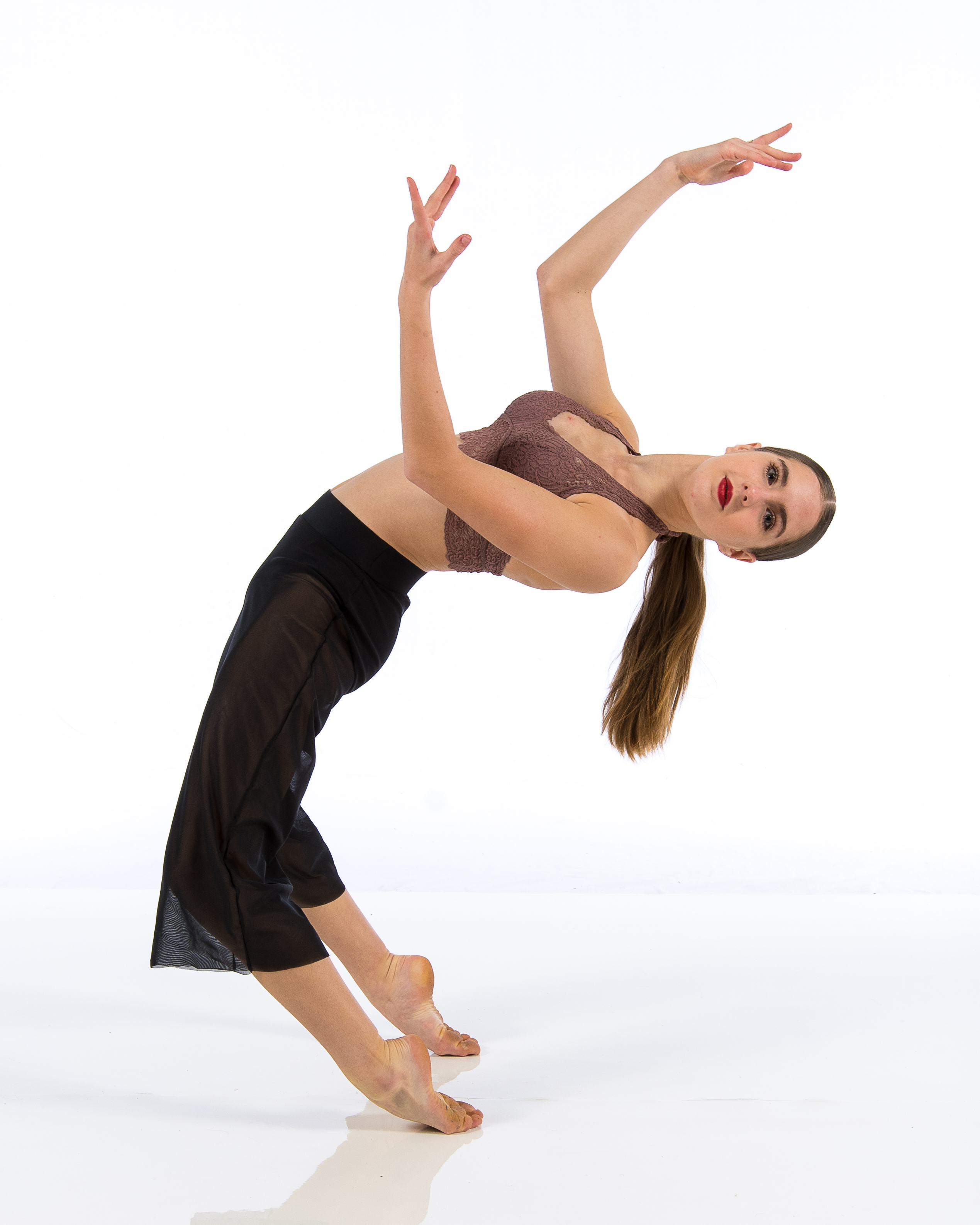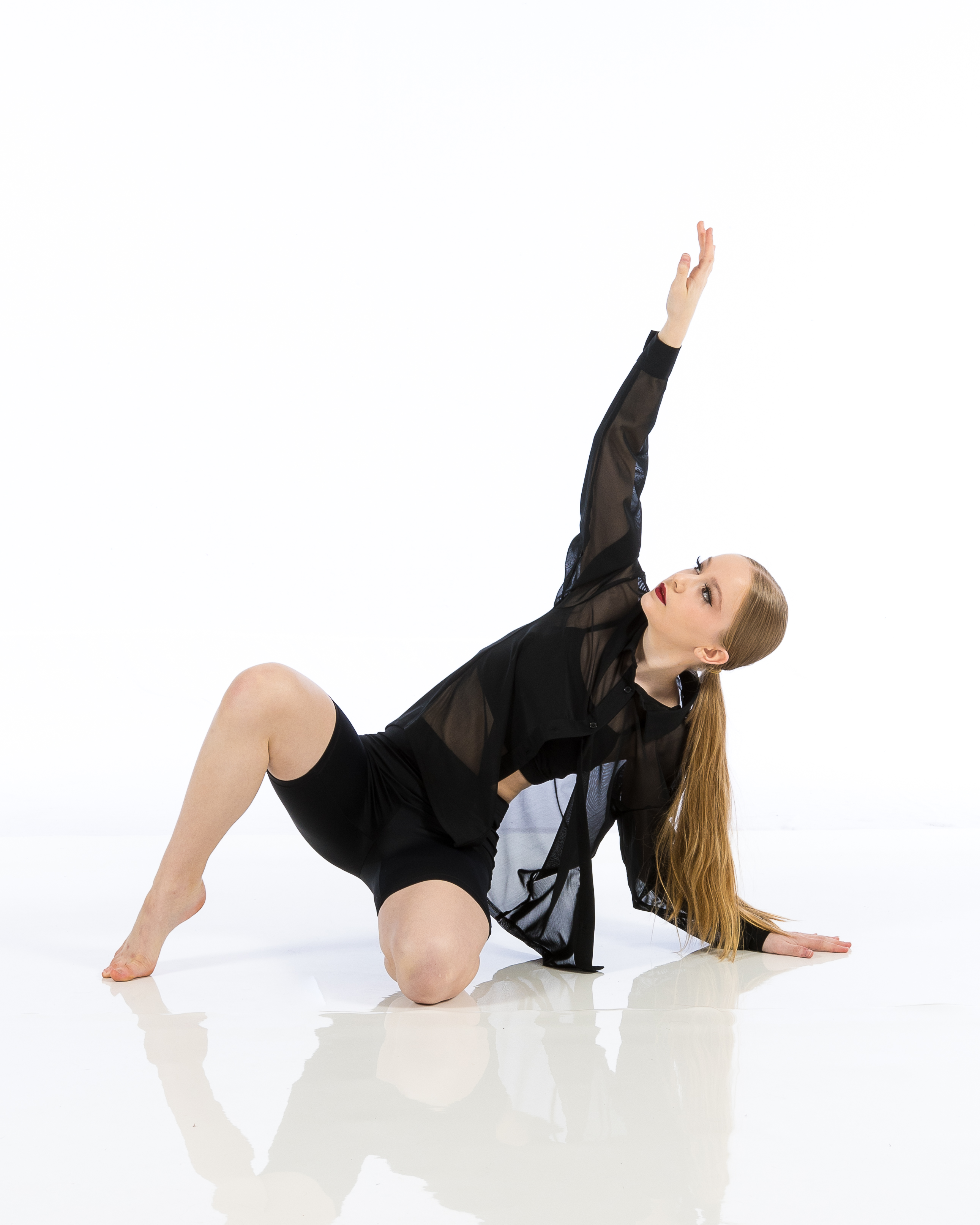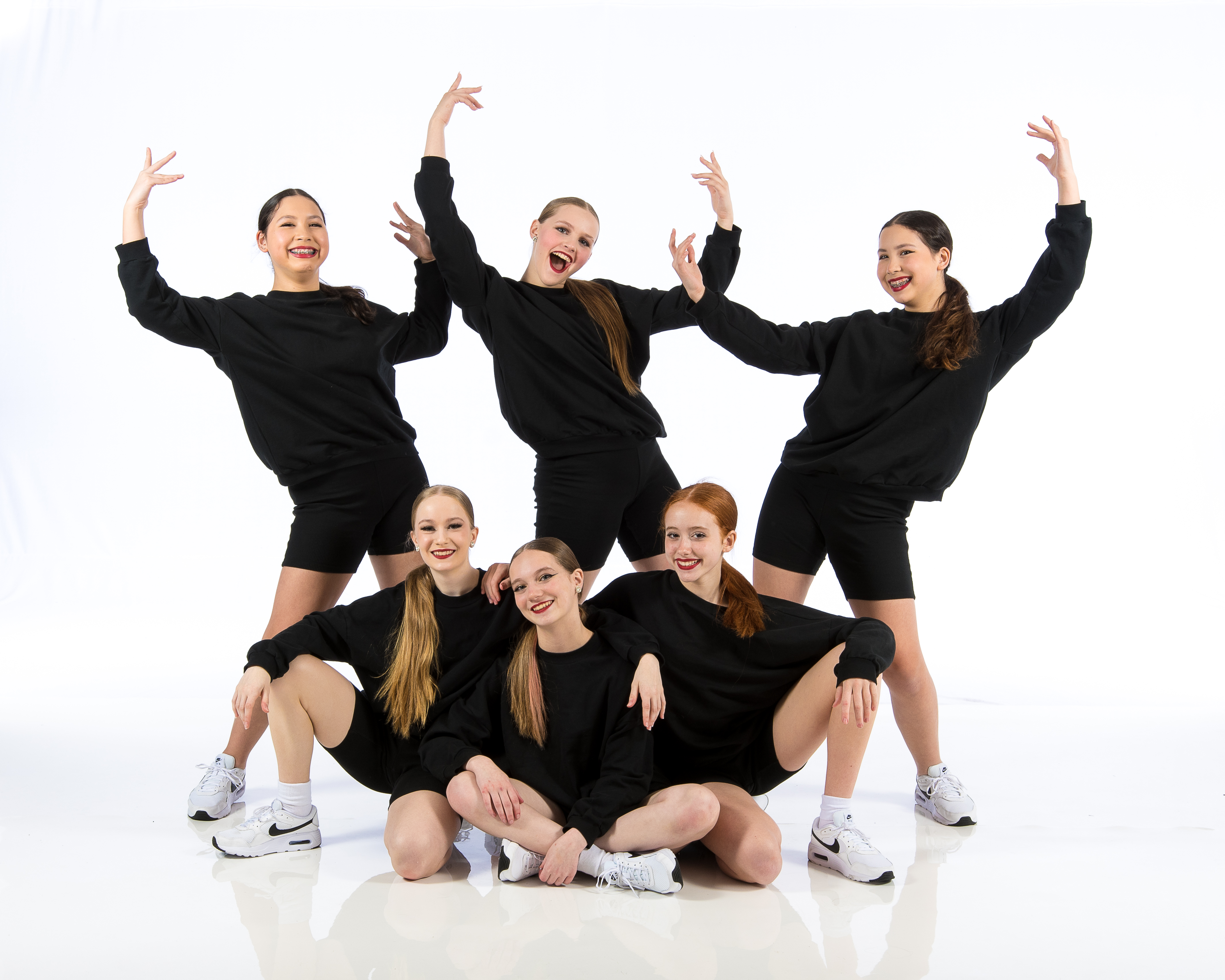Introduction
Stepping into a dance studio for the very first time is a thrilling experience, one that can stir an alcoholic drink of feelings-- excitement, anxiety, anticipation. Whether you're a seasoned professional dancer or just beginning your journey, recognizing the subtleties of dance studio etiquette can elevate your experience and enhance your connections with teachers and fellow dancers alike. In this detailed guide, we'll dive deep right into Dance Academy Mastering Dance Studio Rules: Essential Tips for Beginners and Pros Alike
From fundamental regulations to innovative considerations, this article will certainly cover whatever you require to find out about navigating the lively globe of dancing studios. So tighten those shoelaces and let's obtain started!
The Relevance of Dance Studio Etiquette
Why Etiquette Matters in Dance Studios?
In any kind of imaginative setting, etiquette plays an essential duty in maintaining harmony and respect among participants. Dancing workshops are no exception. Excellent decorum promotes a positive environment where creativity can flourish.
- Respect: Being mindful in the direction of teachers and fellow professional dancers builds common respect. Focus: Etiquette lessens disturbances, enabling everyone to focus on learning. Community: Decorum assists create an encouraging neighborhood that urges growth and camaraderie.
Common False impressions Concerning Dance Studio Etiquette
Many newbies hold false impressions about what constitutes proper habits in dancing workshops. Allow's unmask some misconceptions:
- Myth 1: "Just innovative dancers require to adhere to decorum." Fact: Rules is crucial for all levels; it shows professionalism. Myth 2: "Trainers are too strict about guidelines." Fact: Trainers implement regulations to maintain order and respect.
Basic Dance Studio Etiquette for Beginners
Dress Code: What to Wear?
First impressions matter! The best outfit not just mirrors your dedication however additionally boosts your efficiency. Below's how to dress properly:
- Comfort: Choose garments that allow free movement. Footwear: Buy good-quality shoes suited to your dance style.
|Dance Design|Recommended Attire|| -------------|-------------------------|| Ballet|Leotard, tights, ballet sandals|| Hip-Hop|Loose-fitting clothing, sneakers|| Faucet|Comfortable clothing, faucet shoes|
Arriving promptly: Punctuality is Key!
Being late can disrupt the whole class. Aim to come to the very least 10 mins early to:
- Warm up. Settle in mentally.
Tip: If you're running late because of unpredicted conditions, inform the teacher beforehand.
Quiet Zone: Preserving Silence Prior To Class
Dance studios grow on emphasis. Keep conversations to a minimum before course starts to make certain every person can prepare mentally.
Intermediate Dance Studio Rules: Building Relationships
Respecting Personal Space in Class
Every dancer deserves their area throughout practice sessions. Prevent crowding others while practicing steps or routines.
Why It Issues: Valuing individual area promotes comfort and helps with much better learning experiences.
Listening Proactively During Instructions
When a teacher is speaking, it's essential to focus. Active paying attention shows regard and helps you grasp vital concepts.
How To Program Energetic Listening:
Maintain eye call with the instructor. Nod when appropriate. Ask clarifying concerns if needed.Advanced Dance Studio Decorum: Elevating Your Experience
Providing Positive Responses Wisely
As you grow a lot more seasoned, sharing comments enters into the culture. However, strategy this naturally:
Focus on particular movements instead of general critique. Offer ideas just if solicited by peers.Encouraging Others: Structure Area Spirit
Support your fellow dancers with motivation:
- Compliment their initiatives genuinely. Celebrate their success openly.
Mastering Dance Studio Etiquette: Vital Tips for Beginners and Pros Alike-- The Instructors' Perspective
Understanding Trainer Expectations
Instructors typically have certain expectations concerning actions in class. Familiarizing on your own with these can considerably enhance your understanding experience:

Building Rapport with Your Instructor
Establishing a good partnership with trainers can be helpful for your growth as a professional dancer:
- Ask concerns associated with choreography or technique after class. Thank them for their guidance post-class; appreciation goes a long way!
Handling Problem Beautifully in the Dance Studio Environment
Dealing with Disagreements Among Peers
Conflicts may develop within any kind of group setting; understanding just how to handle them beautifully is important:
Approach the person privately without rising tension. Use "I" statements as opposed to "you" declarations (e.g., "I really felt overlooked when ...").Addressing Problems with Instructors Professionally
If you have concerns regarding direction or class characteristics:
Request an exclusive meeting after class hours. Express your sensations constructively concentrating on services rather than complaints.The Function of Non-Verbal Communication in Dancing Studios
Understanding Body Language Signals
Dance naturally includes non-verbal interaction; comprehending just how body language features in this context is important:
Positive body language (e.g., open position) cultivates connection. Negative signals (crossed arms) could convey defensiveness or disengagement.Using Eye Contact Effectively During Classes
Maintaining eye call with teachers shares attentiveness while additionally assisting construct connection amongst peers during group performances!
FAQs
Q1: What should I use for my first dance class?
A1: Go with comfortable clothing that allows totally free activity-- yoga exercise pants or leggings paired with an equipped top works well!
Q2: Is it okay to miss courses occasionally?
A2: Life happens! Notify your instructor ahead of time preferably; they'll appreciate your consideration.
Q3: Just how do I take care of feeling timid around other dancers?
A3: Beginning small-- introduce yourself one-on-one prior to expanding communications slowly as familiarity grows!

Q4: Can I bring good friends along to observe classes?
A4: Many studios prefer prior plans; get in touch with administration initially so they understand additional attendees!
Q5: What happens if I differ with an instructor's feedback?
A5: Approach them professionally post-class; express sensations utilizing "I" declarations focusing on positive dialogue rather than confrontation!
Q6: Must I participate in performances also if I'm new?
A6: Absolutely! Taking part boosts confidence-- speak up relating to any type of doubts so accommodations can be made accordingly!
Conclusion
Mastering dance studio rules isn't practically following guidelines; it has to do with cultivating an enriching setting where every person really feels valued and inspired-- whether you're just starting or improving innovative techniques as a skilled pro! By sticking closely to these essential ideas laid out right here under Mastering Dance Studio Rules: Vital Tips for Beginners and Pros Alike, not only will you enhance your own experience however also add favorably towards nurturing an inviting neighborhood within each dance studio you elegance with your existence! So take these understandings forward right into every workshop space you go into-- and allow the rhythm carry you towards excellence!
